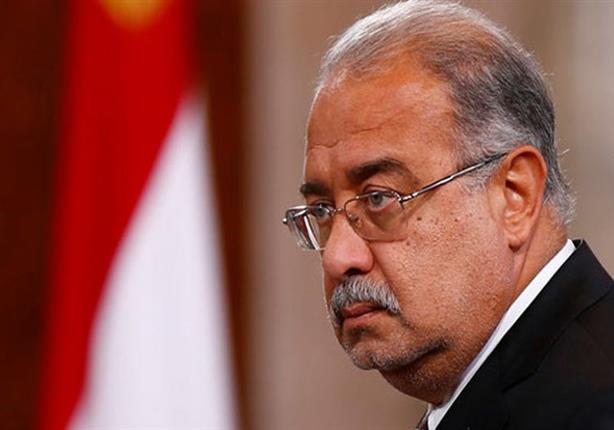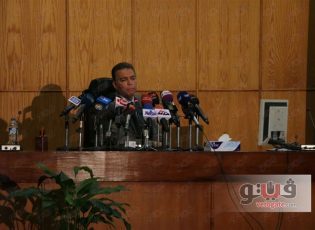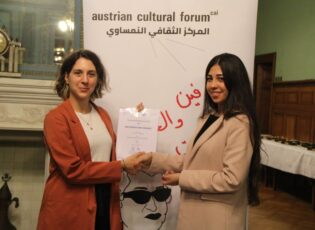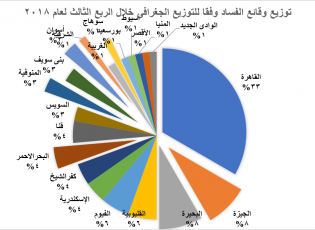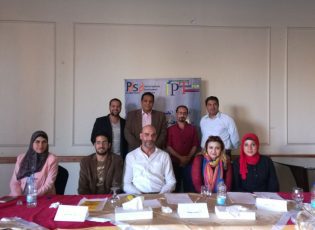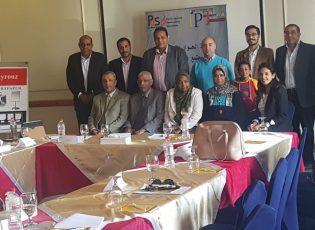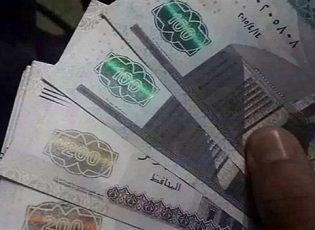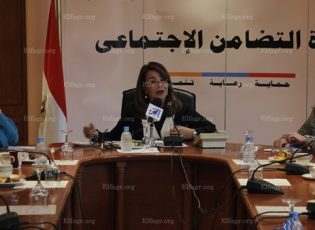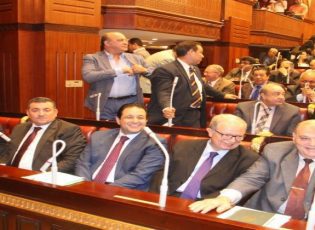Masrawy:
I wrote - Hajar Hosni:
Jurists criticized the Ministry of Social Solidarity sending the draft law on civil society associations to the Council of Ministers, which approved it, without giving enough time for civil society to make its observations on it before the House of Representatives decides on it.
Hafez Abu Saada, a member of the National Council for Human Rights, said that the Ministry of Solidarity had invited about 20 people; To discuss the project and it was agreed to give them until September 20 to express their comments on the law before sending it to the Council of Ministers.
Abu Saada added, to Masrawy, that the figures who were invited will try to send these notes to Parliament before discussing the law, pointing out that the most important remarks relate to the article that clarifies that the establishment of associations is notified unless it is proven that there is a mistake in the procedures, because it thus gives discretion to the government.
Abu Saida added: “The law differs slightly from Law 84, but it is more stringent, because Law 84 used to give the right to associations to form by notification, and although the current law on its face gives this right to notification, it is inside it by registration.”
For his part, Magdy Abdel-Hamid, President of the Egyptian Association for the Advancement of Community Participation, said that the behavior the government followed in dealing with the NGO law did not differ much from the behavior it followed in approving all previous laws.
Abdel Hamid added to Masrawy that if the law was passed without a societal discussion, it would not be a bad new precedent because this is what happened with all the previous laws, pointing out that civil society has seen 20 drafts and took their opinion, and in the end it issues a completely different law.
Walaa Jad al-Karim, director of the Partners Foundation for Transparency, said that what the Ministry of Solidarity did is a continuation of the behavior of all successive governments after the revolution, so they were putting in place laws that no one knew about anything and were approved after that.
He added to Masrawy, that the Ministry of Solidarity met with representatives who do not represent all groups of civil society, and therefore designed a law according to its size, and continues to work on its own away from civil society, pointing out that there are 6 drafts of the law and no one knows which of them was sent to Parliament.
He continued, "The 6 drafts have notes, and the philosophy on which the laws themselves are based is problematic, as it supports administrative interventions, and deals with all associations with a single ruler, and considers that all associations are accused since their inception until proven otherwise."
Short link: https://pfort.org/en/?p=1618

